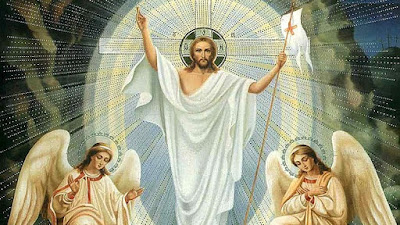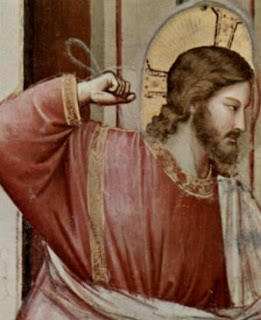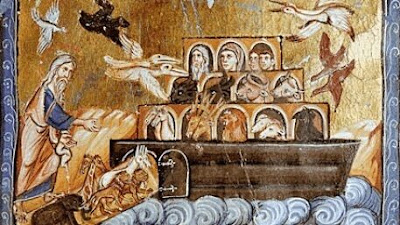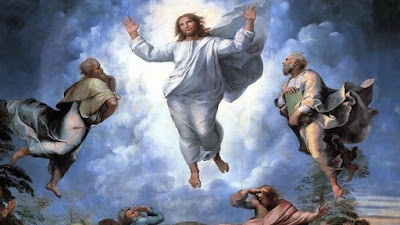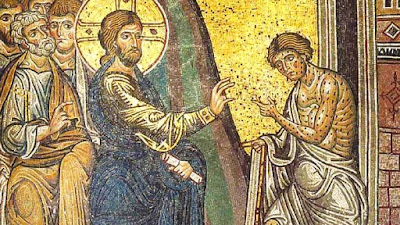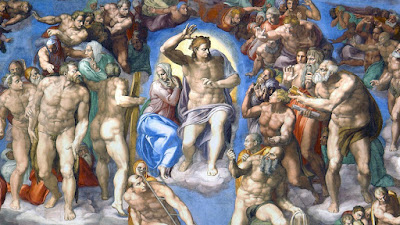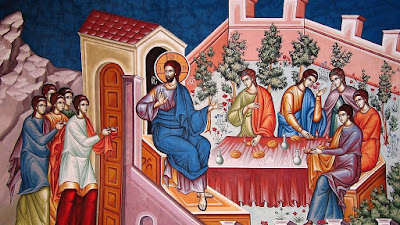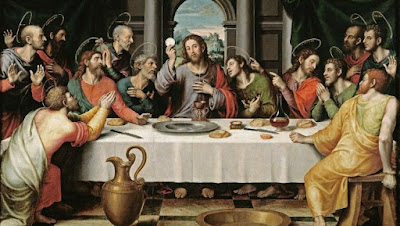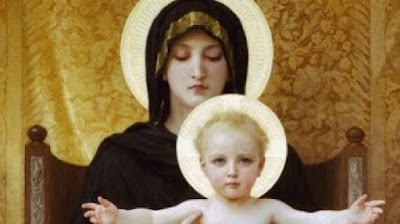A Lenten Bible Study: Genesis to Jesus Lesson Two: The Old and the New Testaments
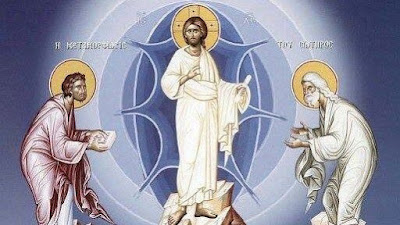
Here is the second lesson in the Saint Paul Center for Catholic Biblical Theology 's Lenten Scripture study, Genesis to Jesus. Follow along, and by the end of Lent, you'll understand the importance of Easter in light of God's plan for our salvation. Sign up to receive new video lessons [ here ] and buy related study materials. ________________________________________________________ In our first lesson, we talked about how the Bible has both a literary meaning and an historical meaning. But that’s not all. Since God is the principle author of Sacred Scripture, it also has a divine meaning. And together, the literary sense and historical truth of Scripture reveal that divine meaning. They reveal the way God is directing the course of human history. As we’re going to see, God writes the world like we write words. As human beings, we use words as signs that stand for particular realities. For example, the word “chair” signifies something tangible and real that you may
